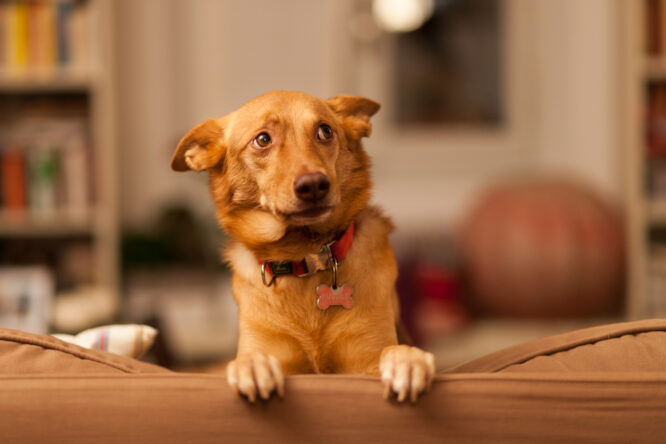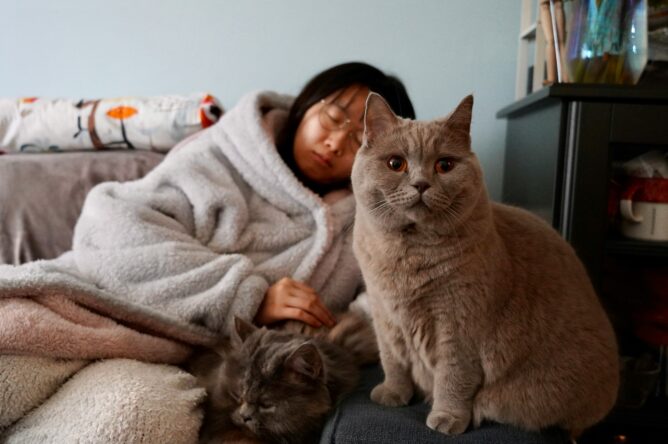We often think of routines as something humans cling to for a sense of control, but your pets might love structure even more than you do.

While cats may act nonchalant and dogs seem endlessly adaptable, both species quietly thrive on predictable patterns. Routines give them a sense of stability, security, and emotional calm. Whether it’s breakfast time, walk time, or the exact window they like to nap under, here’s why your pets are secretly total creatures of habit. In other words, you shouldn’t feel too bad keeping them on a somewhat rigid schedule!
1. Routines reduce anxiety and uncertainty.
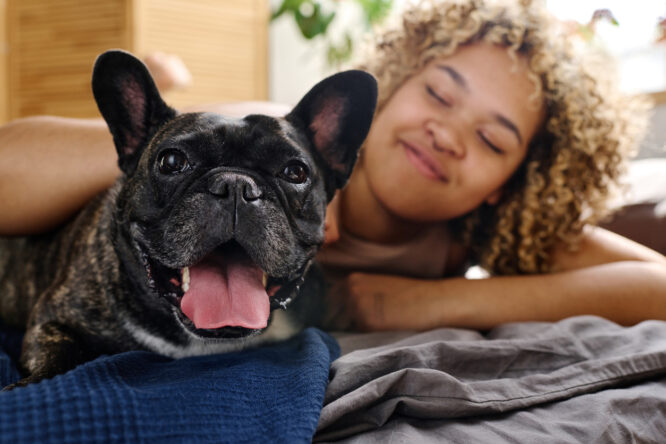
Just like humans, pets feel unsettled when they don’t know what’s coming next. When their environment is predictable, they’re more relaxed. A familiar schedule helps them anticipate and prepare for transitions—meals, walks, bedtimes—without stress.
Sudden changes, skipped feedings, or chaotic energy can spike anxiety, especially in more sensitive pets. Keeping their day consistent creates a kind of emotional safety net that lets them rest and play with less tension.
2. They learn what to expect from you.
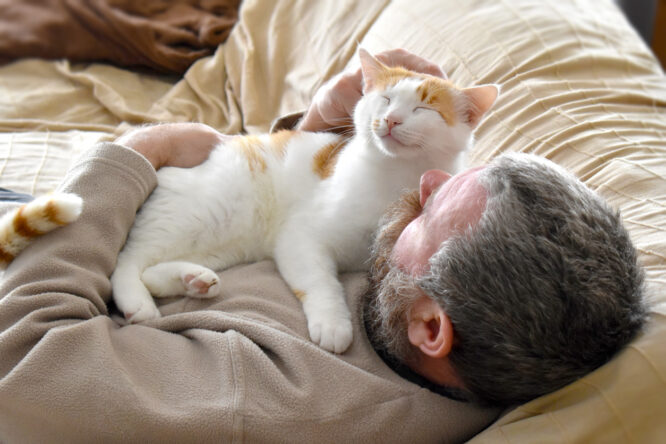
Your pet watches you more closely than you think. Over time, they connect your actions to outcomes—grabbing your keys means you’re leaving, closing your laptop means it’s cuddle time. These signals help them feel in sync with your world. That predictability creates trust. When they know how your day typically goes, they adjust their own rhythms around it. It gives them a shared sense of order, which builds a stronger bond between you both.
3. Regular mealtimes help regulate digestion.
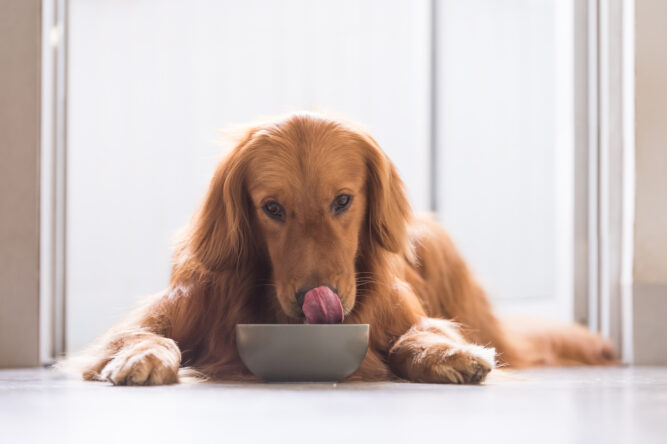
Feeding pets at the same times each day isn’t just polite—it actually supports their physical health. Their bodies begin to anticipate food and release digestive enzymes accordingly, making meals easier on their stomachs. Inconsistent feeding schedules can lead to overeating, under-eating, or digestive upset. A reliable food routine sets their internal clock, just like it does for us when we get hungry around the same time each day.
4. Walks and play sessions become daily anchors.
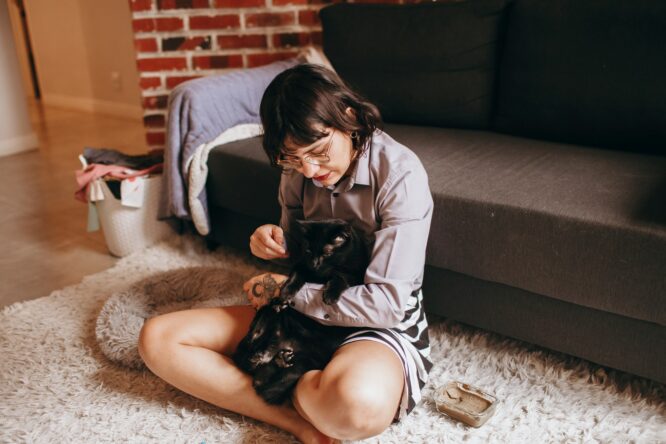
For dogs especially, a regular walk isn’t just about exercise—it’s mental enrichment and emotional grounding all in one. They get to explore, sniff, and release pent-up energy in a familiar rhythm. Cats may not need walks, but many enjoy predictable playtimes or window perches. Those moments become expected parts of their day—little rituals that help them stay engaged and stimulated in healthy ways.
5. Sleep becomes more restful when it follows a routine.
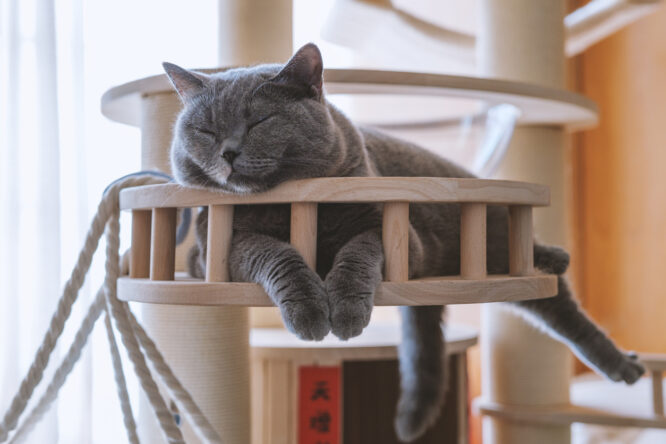
Pets thrive when sleep follows a pattern. Dogs tend to wind down when the household gets quiet, and cats often have specific “zoomies” windows before settling into deep rest. Routines help shape these cycles. When bedtime is predictable, your pet knows when to switch off. That sense of order leads to deeper, more restorative sleep, which means less nighttime pacing and early-morning fussing.
6. Routines help them cope with separation.
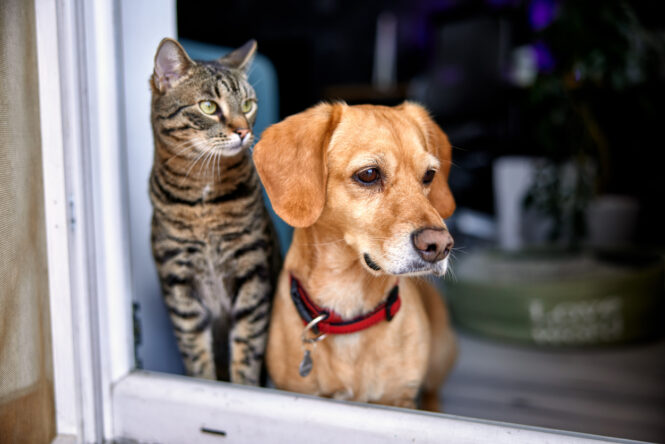
If your dog or cat knows you always come home at a certain time or that certain noises (like locking the door) always mean you’ll return soon, they’re less likely to spiral into separation stress. Structured departures and arrivals ease their anxiety. They learn to associate your absence with routine, not abandonment, and that makes those long solo stretches far less distressing.
7. Predictability builds a sense of territory and ownership.
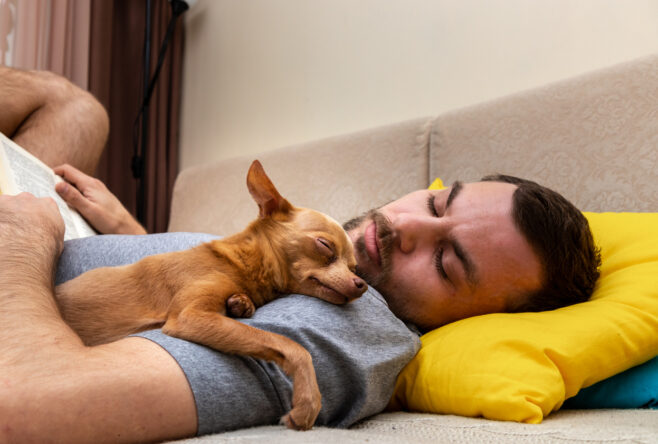
Pets feel more confident when they know where things happen and when. Cats especially love consistent spaces—same food spot, same litter box placement, same nap zones. Routines create a mental map of “their” environment. And when pets feel at home in their space, they’re less likely to act out or become territorial in ways that stem from insecurity.
8. It helps reinforce training and good behaviour.

Whether you’re reinforcing toilet habits, basic commands, or household manners, consistency is key. Routine makes expectations clear and prevents confusion or backsliding. Pets thrive when they understand the rules, and routines deliver those lessons gently, over time, without needing constant correction or scolding.
9. It builds emotional trust and security.
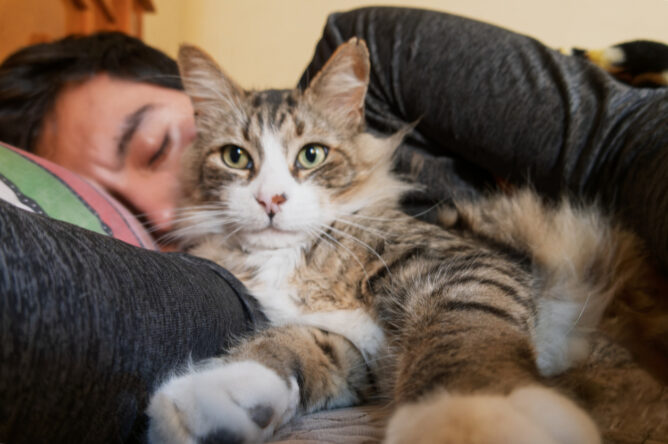
When your pet knows they can rely on you to feed them, walk them, and show up consistently, they relax. That reliability builds emotional trust and a secure attachment to you as their person. Even aloof pets crave this safety. It’s not about being overly strict—it’s about showing up in the same way day after day. That consistency teaches them that they’re safe, loved, and understood.
10. It helps pets adjust to change when it eventually happens.
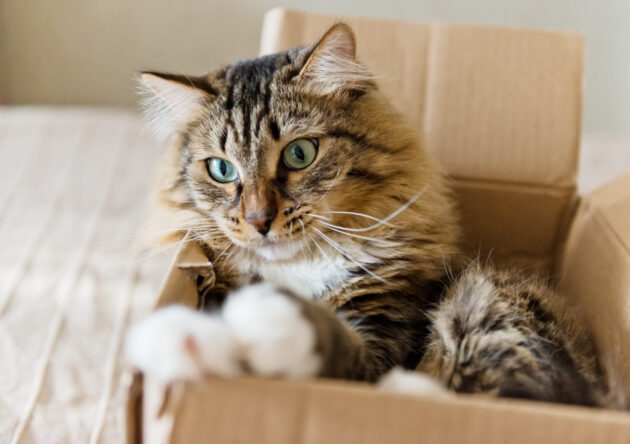
Ironically, routines make pets more resilient in the long run. When their base needs are consistently met, they feel more grounded, even when something new (like a move or new pet) disrupts the norm. Structure becomes a buffer. A solid routine gives them something familiar to hold onto while the rest of their world shifts. It helps them adjust without feeling overwhelmed.
11. Daily routines give them something to look forward to.
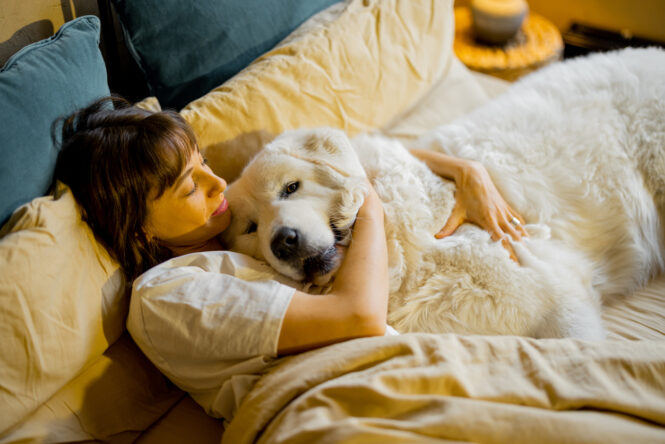
Whether it’s the post-dinner treat, the walk after work, or the cuddle session on the sofa, routines give your pet little joy checkpoints throughout the day. These are the moments that brighten their world. Even animals that seem independent love knowing those moments are coming. It adds rhythm to their day, and gives them emotional highs that break up the monotony.
12. Their bond with you deepens through daily connection.

Shared routine moments—meals, walks, brushing, bedtime—are the glue of your relationship. These everyday habits reinforce your connection and create trust without needing grand gestures. For your pet, these rhythms are love in motion. They’re not just tasks on your to-do list—they’re rituals of closeness. Plus, the more consistent they are, the more rooted your relationship becomes.


